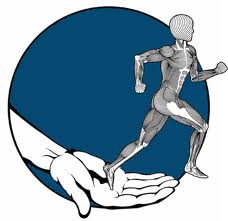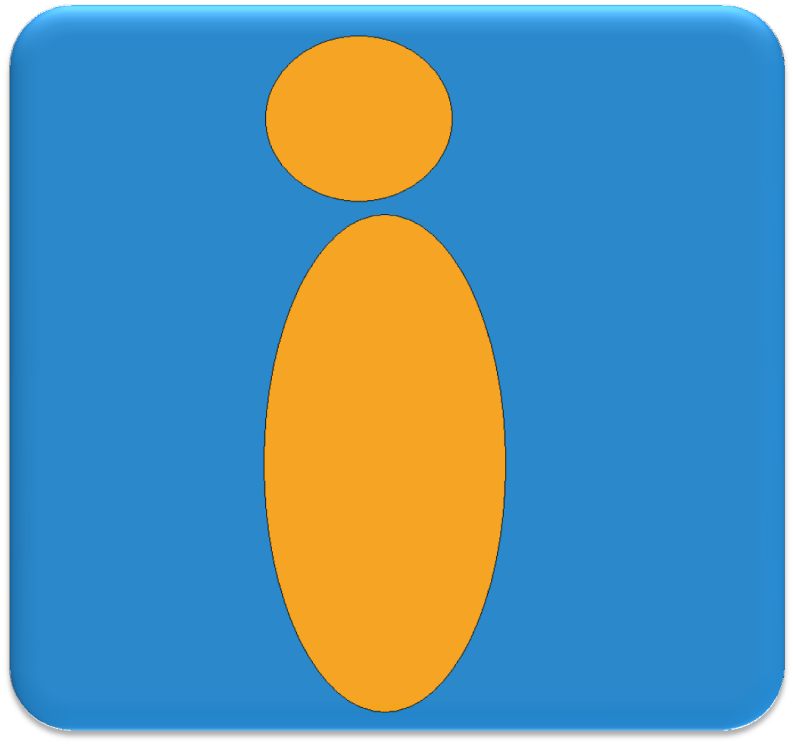
Dr. Rehab
Los Angeles, CA
Female, 31
I'm a practicing PT with a Doctorate for the past 4 years now. Although it may not seem like a long time, I have gained extensive knowledge and experience in various PT settings. I've worked anywhere from outpatient therapy, home health, aquatic therapy, inpatient rehab, and private clients. I now also instruct on an online prep course for graduates seeking to pass their National Board Examination. PT is a very rewarding job, but can also SUCK, which explains my quest to find the ideal situation
I actually welcome it. It's a nice feeling to help people out especially if they are seeking it. PT is a bit like a 'people pleaser' profession, so I don't think I'd be going out on a limb in saying that most PT's don't get bothered by friends/family members asking for advice. It's also a great way for us to share our knowledge and educate people on exactly what PT is all about. Those who haven't experienced it first-hand might view PT as a place to get a massage that insurance pays for. But it's so much more than that. PT's are movement specialists and trained to identify and treat biomechanical faults. so I really welcome any bombardment of questions from anyone :).
I wouldn't necessarily say rotator cuff injuries are more problematic than other injuries, unless of course, your job or a big part of your life consists of doing repeated overhead activities (pitchers, tennis players, etc). The healing process depends on many factors including severity of tear, if other structures were compromised, age, lifestyle, etc. If you had a significant tear, no amount of PT will heal it as you will need surgical intervention. If it's still causing you problems or interfering with your functional activities, then you may want to consider seeing an Orthopaedic surgeon for further diagnostic evaluation.
Fortunately, I have never had to come across a situation that would warrant such bad news. Plus, that depressing role really belongs to a Physician, who diagnoses a patient based on extensive tests, imaging, and medical management.
When I hear unsolicited advice, it reminds me of my mother or mother-in-law telling me baby advice for my little one. Needless to say, it's annoying and I don't like it. So I figure most people wouldn't really appreciate it either, even if I had the best intentions in mind. I also live in LA, where the common mentality is to mind your own business. Maybe it would be different if I lived in a small town or community. Of course, I'm always there to lend a helping hand to an elderly person or someone who's just been injured. But I'm sure anyone, PT or not, would do the same thing. I will only offer advice to strangers if I feel they seem open to some input. But I would never just go up to someone and say, "Hey, you're doing that all wrong" or "your posture is horrendous, you probably have some back issues", even though I may be thinking it. I'm always around to help friends or anyone else, and answer questions, but for the most part, my PT hat is off after hours.
Small Website Owner
 What made you go the entrepreneur route after college instead of a typical job?
What made you go the entrepreneur route after college instead of a typical job?
CBP Officer
 Do you catch less marijuana at the border now that it's being decriminalized in some States?
Do you catch less marijuana at the border now that it's being decriminalized in some States?
Toll Collector
 What's the rudest thing a driver ever said to you?
What's the rudest thing a driver ever said to you?
Patient care certainly doesn't suck, as it is very rewarding and satisfying to work with patients and see them get better! The 'sucky' part is really the insurance aspect of the business. There are a lot of debates going on with the situation of our national healthcare system right now. What I can tell you about Physical Therapy is the ongoing decrease in re-imbursement from insurance companies for rehab services, particularly in the private sector. From my experience in a private PT owned clinic, it was a constant battle to fight for more benefits for my patients. A newly amended Senate Bill No. 924 would bar all physical therapists from treating a patient beyond 30 days (or 12 visits) unless the patient obtains a diagnosis from a licensed physician or podiatrist. If you know anything about rehab, it's not something that can be done quickly, nor should it. It's just another hoop for our patients who need skilled care to go through in order to get insurance companies to loosen their purse strings. It's not fair for an elderly person to have to go back to their physician, wait 45 min, only to get a piece of paper saying it's ok to continue their rehab. And with the constant reduction in insurance benefits, it forces smaller independent owned clinics to have to book their patients in 20 or 30 min time slots just to stay afloat. This reduces the amount of skilled care a patient will get directly with a licensed therapist. This results in an unhappy situation for everyone. For some, this is just part of the business to get through. But I'm spending half my day on the phone with an insurance provider, and writing notes documenting why my 75 year old post total hip replacement patient needs more than 12 visits so she can be functional and mobile again safely. It really isn't fair when I could better use my time on valuable patient care.
Yes, I do believe that 'massage' has its medical benefits. I put quotes around massage, because I, and probably many of my colleagues, consider massage something very relaxing/soothing that you would get at a spa. What we really do is soft tissue mobilization (STM), that deals with the manipulation of soft tissue, or the areas encapsulating a joints that have restricted range of motion. After an injury, our muscles, ligaments and fascia tighten up, therefore STM is very useful in manually stretching those areas and restoring range of motion. This type of manual therapy can also promote restoration of joint function, improve blood flow, lymph drainage and increase nerve signals to the injured area. More often than not, I'd say manual therapy is not quite pleasurable as we are trying to improve function, not have a day at the spa. There was a running joke at my clinic that PT actually stood for 'Pain' and 'Torture'....affectionately :).
I don't necessarily think that PT is a fall-back from being an M.D. All of my colleagues went into this profession wanting to be therapists. If anything, a lot of them had the initial goal of working with elite athletes on a college or professional level team. Therefore, many of them had experience as athletic trainers. Going pre-med as an undergrad would be beneficial as the pre-requisites are nearly identical. But I think that can be the same for just about any profession in the health industry. For me, I specifically chose PT because of the flexibility and wide range of patients and settings you can work in. I had absolutely zero desire in working 36 hour shifts, being on-call, etc. Plus, hospitals are not my thing. I'm uncomfortable in that setting and I always feel like I need to go into some sort of decontamination chamber after I leave one. I think if someone is able to achieve a higher level of education (masters, doctorate, etc.), then they can do anything with hard work, dedication, and a positive mindset.
-OR-
 Login with Facebook
Login with Facebook (max 20 characters - letters, numbers, and underscores only. Note that your username is private, and you have the option to choose an alias when asking questions or hosting a Q&A.)
(A valid e-mail address is required. Your e-mail will not be shared with anyone.)
(min 5 characters)
By checking this box, you acknowledge that you have read and agree to Jobstr.com’s Terms and Privacy Policy.
-OR-
 Register with Facebook
Register with Facebook(Don't worry: you'll be able to choose an alias when asking questions or hosting a Q&A.)